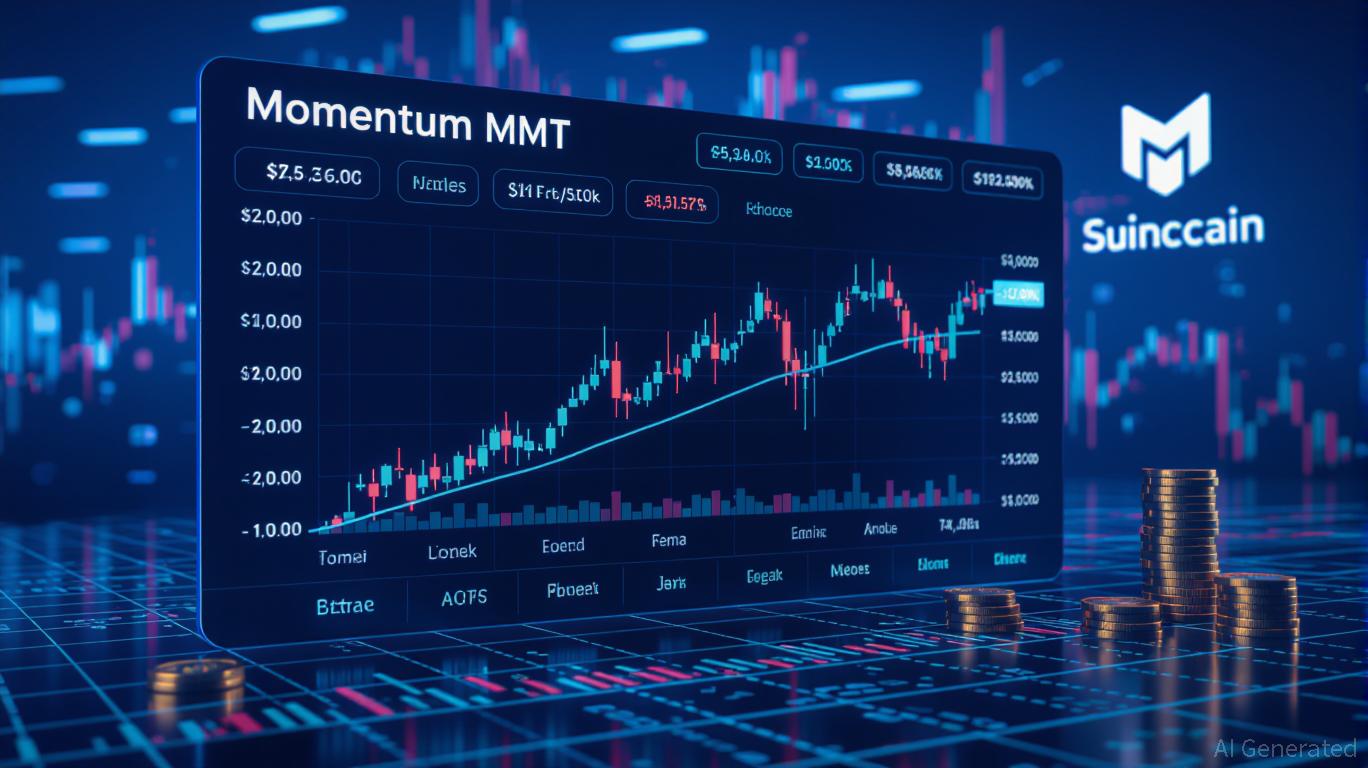The country partnered with Solana (SOL) and announced a $1 billion cryptocurrency project!
While the demand for Bitcoin (BTC) and cryptocurrencies is increasing day by day, governments are also taking rapid and important steps regarding the crypto sector.
At this point, the latest news came from Kazakhstan.
According to Bloomberg, Kazakhstan is preparing to establish a national cryptocurrency reserve fund worth between $500 million and $1 billion.
The fund's capital will come from assets seized or repatriated by the government from abroad and profits from state-supported mining operations.
The fund in question avoids direct exposure to cryptocurrencies but will invest in ETFs and crypto-related companies.
The fund is expected to become operational in early 2026.
The fund will invest in ETFs and shares of crypto-focused companies, not directly in Bitcoin or cryptocurrencies, Timur Suleymanov, Governor of the Central Bank of Kazakhstan, told Bloomberg in an interview in London.
“We will be very careful about direct exposure to cryptocurrencies.
“I think we will have the fund operational by the end of the year, which is January of next year. Everyone is ready.”
As you may recall, Kazakhstan announced plans for a state-managed cryptocurrency reserve in mid-2024.
Last June, Kazakhstan announced the signing of a significant agreement with the Solana (SOL) Foundation. Accordingly, the Foundation announced its partnership with Kazakhstan to establish Central Asia's first Blockchain Economic Zone. This initiative aims to establish Kazakhstan as a regional blockchain hub, promote Web3 technologies, and attract global talent.
Disclaimer: The content of this article solely reflects the author's opinion and does not represent the platform in any capacity. This article is not intended to serve as a reference for making investment decisions.
You may also like
Defying Market Swings: $NNZ's Tactical Approach to Crypto
- Bitget report highlights Noomez's $NNZ token as a 2025 bull run contender with 280x price potential via its 28-stage presale model. - Deflationary mechanics include token burns at key milestones, 15% locked liquidity, and double staking rewards for early adopters. - Community-driven features like "Noom Recruit" referral program and transparent Noom Gauge dashboard aim to build trust and adoption. - Analysts note $NNZ's structured approach addresses meme coin volatility while aligning with 2025 trends fav

Growing Institutional Focus on Momentum (MMT)
- Momentum (MMT) token surged 1330% post-Binance listing, driven by $10M funding and institutional backing from Coinbase , OKX, and Jump Crypto. - On-chain data shows $12B 30-day DEX volume and $265M TVL, but analysts warn of speculative risks amid 224% 24-hour volatility spikes. - Institutional capital shifts toward Bitcoin/ETH staking ($6.1B combined inflows) raise questions about MMT's long-term viability without proven real-world utility. - Upcoming ve(3,3) DEX and RWA integrations aim to enhance MMT's

AAVE -3.37% 7-Day Surge Despite Year-Long Downtrend as Market Integrates
- Aave's AAVE token fell 0.89% in 24 hours to $207.68 despite a 3.37% 7-day rally amid strategic integrations. - Aave Horizon's partnership with VanEck's VBILL tokenized Treasury fund enables institutional-grade collateral via Chainlink and Securitize infrastructure. - The integration creates arbitrage opportunities with 4.84%+ potential returns through VBILL collateralized RLUSD borrowing strategies. - Backtests show Aave outperformed BTC by +14.54% over 30 days post-announcement, with 67% positive excess
Kyo Achieves $1 Billion Valuation: Wagering on Cross-Chain DeFi Integration During Industry Upheaval
- Kyo Finance secures $5M Series A at $1B valuation, aiming to unify blockchain liquidity via cross-chain interoperability. - DeFi faces innovation vs. security tensions as projects like Mutuum advance infrastructure while crises like Stream Finance's $93M loss expose systemic risks. - Industry responds with risk mitigation tools (e.g., RedStone ratings) and modular infrastructure reforms to address contagion risks from interconnected lending markets. - Kyo's valuation reflects institutional confidence in
